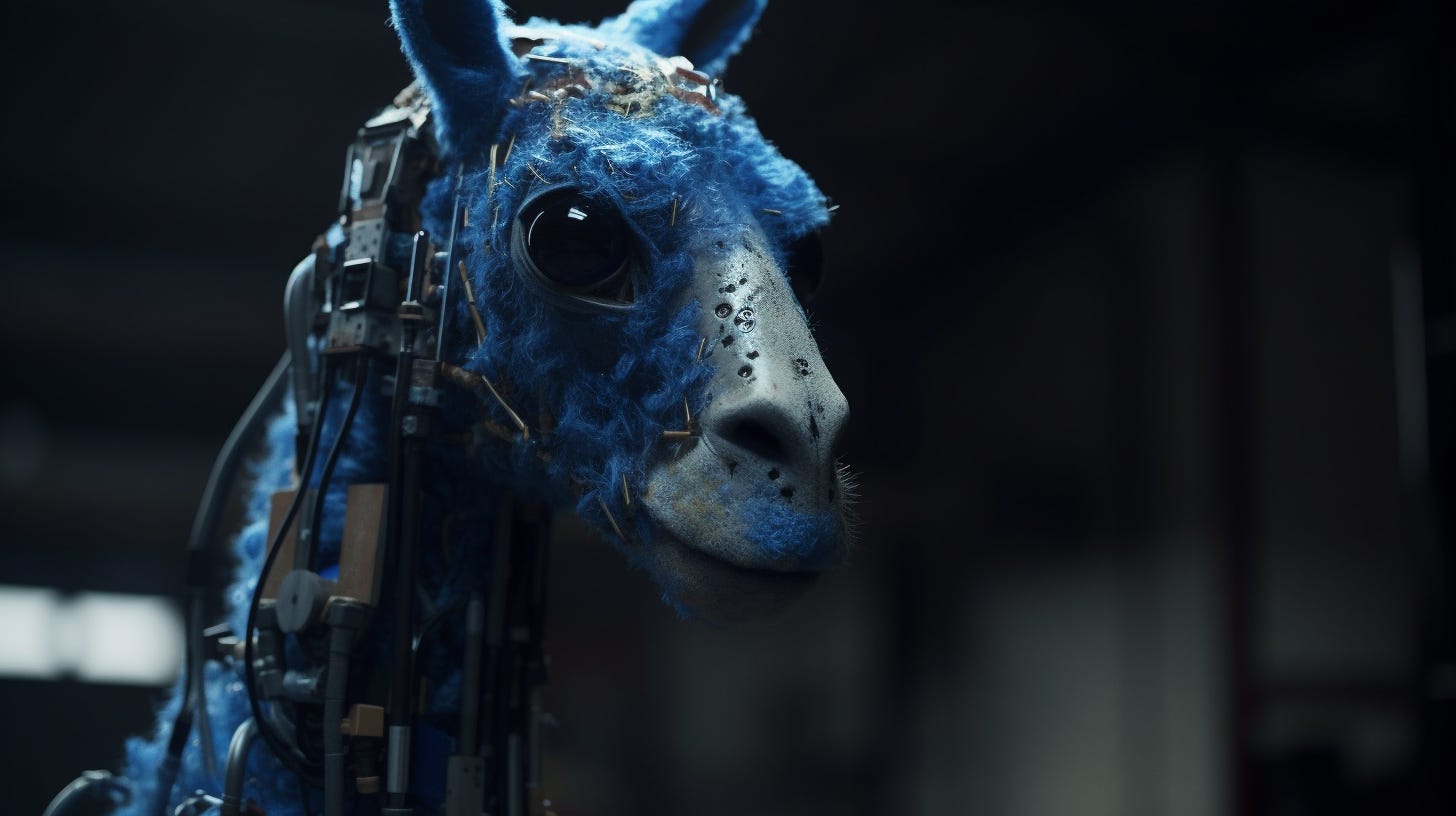Meta's Llama 2 Could Make a Greater Impact than ChatGPT
How Meta's new AI model could open the floodgates for AI applications
On July 18th, Facebook owner Meta stirred the Large Language Model (LLM) market by unveiling Llama 2. Llama 2 outshines its predecessor LlaMa (released in February 2023) and is designed for integration into commercial products.
While currently available on Microsoft Azure’s AI model catalog, Meta plans on extending Llama 2 to AWS, Hugging Face, and other…



